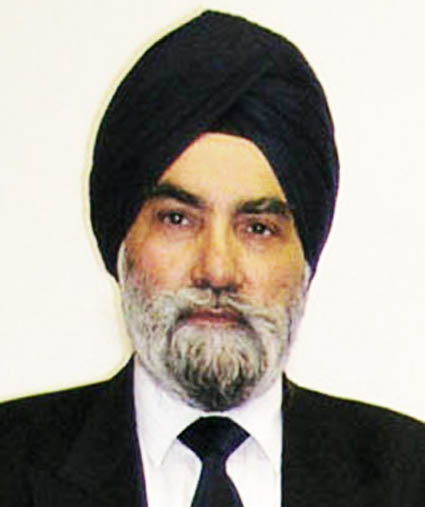India Needs Economic Partners Not Enemy Neighbours

It is said that the economic performance of a country is a mix of industrial growth, demographic (population) shifts, and global market influences.
In a recent interview, Ajaypal Singh Banga, President of the World Bank Group, mentioned that it will take India over two decades to become a developed country. He had in mind the standard of living of an average Indian, new employment opportunities for increasing millions of working-age Indians, population growth, and the general economic health of the country.
India is expected to become the third largest economy in the world in the next five years. No-one can deny that due to its size, geo-political position, population, resources and domestic market, India cannot be ignored by the world. So, why do top economists like Ajaypal Singh Banga think that it will take over two decades for India to be ranked as a developed country and even then if the country follows certain recommended policies for economic growth.
In the context of the topic in hand, it is important to understand some economic terms. For a country to be regarded as developed, the most important indicator is the Gross Domestic Product (GDP) per capita. The Gross Domestic Product (GDP) of a country includes consumer spending, government spending, net exports, and total investments. It shows how large an economy is and the economic trend from year to year. India is a big country with a very large population of 1.4 billion. So, the GDP is bound to be very large also. However, that does not tell us how well an average Indian is doing.
GDP per capita is the true indicator. It is obtained by dividing GDP by the total population of the country. It provides an average economic productivity per person. That is where India slides down the scale of developed and developing countries. India is 143rd out of 195 countries.
As an example, the GDP per capita for India this year is estimated to be $ 2,940. By comparison current figure for US is $ 89,678 and UK $ 54,280. So, one wonders, how long, if ever, it would take for India to catch up with any developed economy.
Yet, together with the neighbouring Pakistan, China, Bangladesh and Sri Lanka we are looking at a very large market for mutually beneficial trade and economic growth. Somewhere, Indian foreign policy has gone wrong. After independence, India was in a strong position to establish strong, mutually beneficial trade ties with at least Pakistan, Bangladesh and Sri Lanka. Next could have been countries like China, Indochina, Indonesia and Malaysia. That has not happened to the extent that was possible. Huge trade benefits should have outweighed border frictions.
Arvind Gupta, Director Vivekananda Foundation, suggests that India should rethink its neighbourhood policy. From the turmoil in Bangladesh and instability in Pakistan to Chinese hostility, proximate countries have given India enough cause for concern. He suggests that the neighbourhood is imploding. That for India, sorting out its relationships with its neighbours, is going to be the most important foreign policy priority.
Recent short war with Pakistan can only be regarded as a defeat for trade and foreign policy of both countries. Economic opportunities are there with the right approach. Kashmir and border issues can be solved and terrorism can be defeated through just regimes which abide by the rule of law.
Indian politics and diplomacy should understand global realities.
Gurmukh Singh OBE
Principal Civil Servant retd (UK)
E-mail: sewauk2005@yahoo.co.uk
Sikh ideology articles: https://www.sikhmissionarysociety.org/